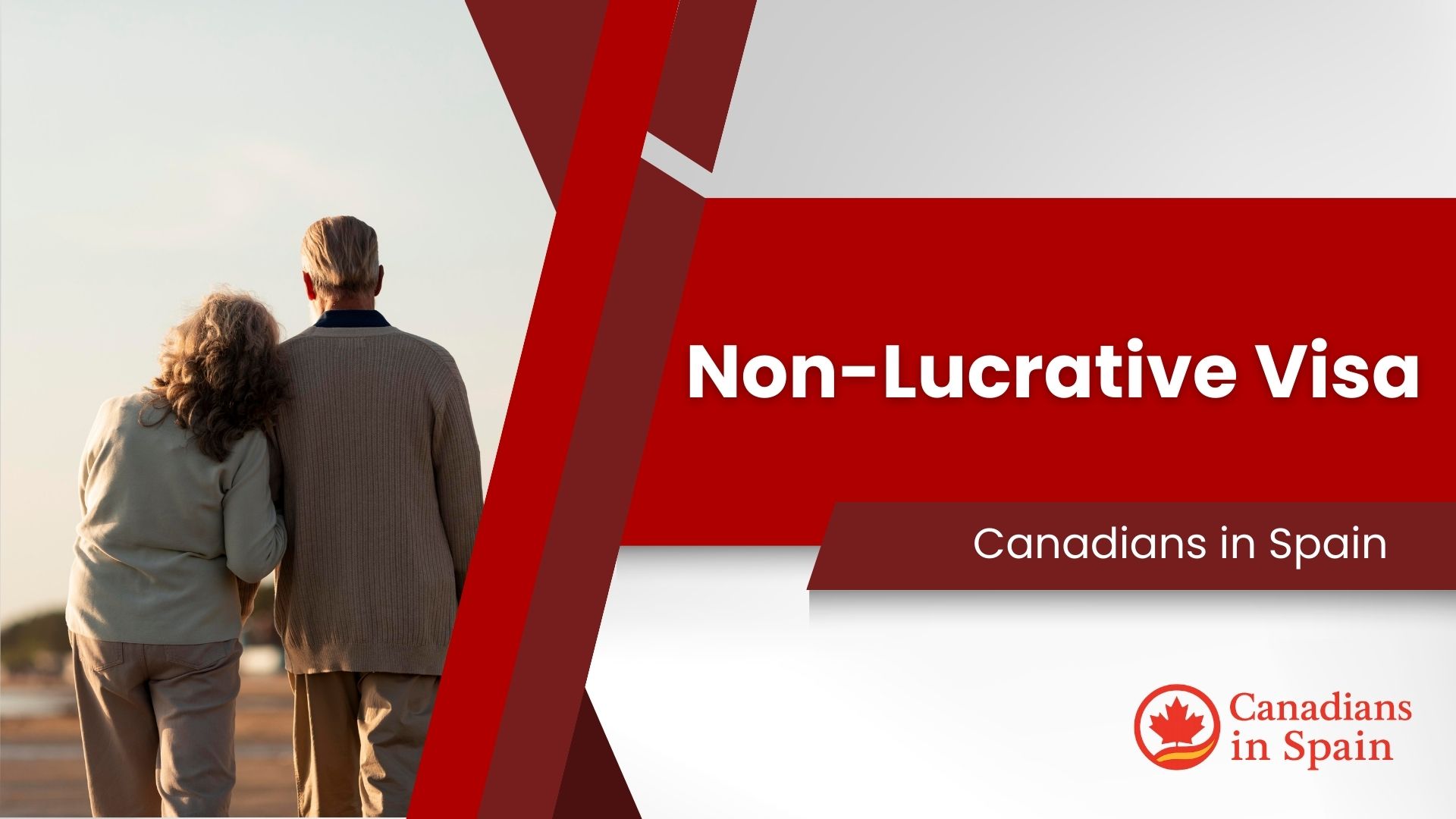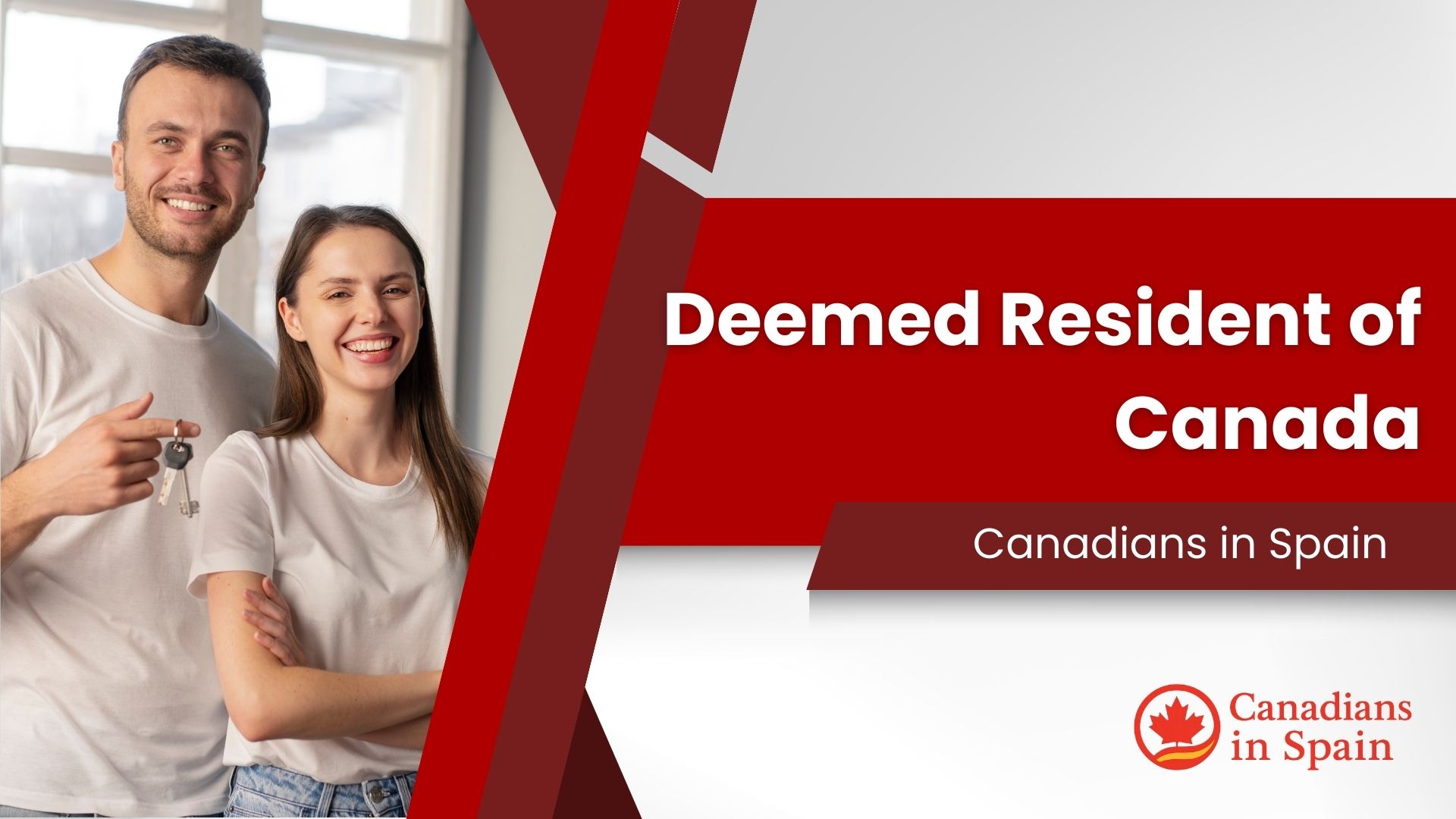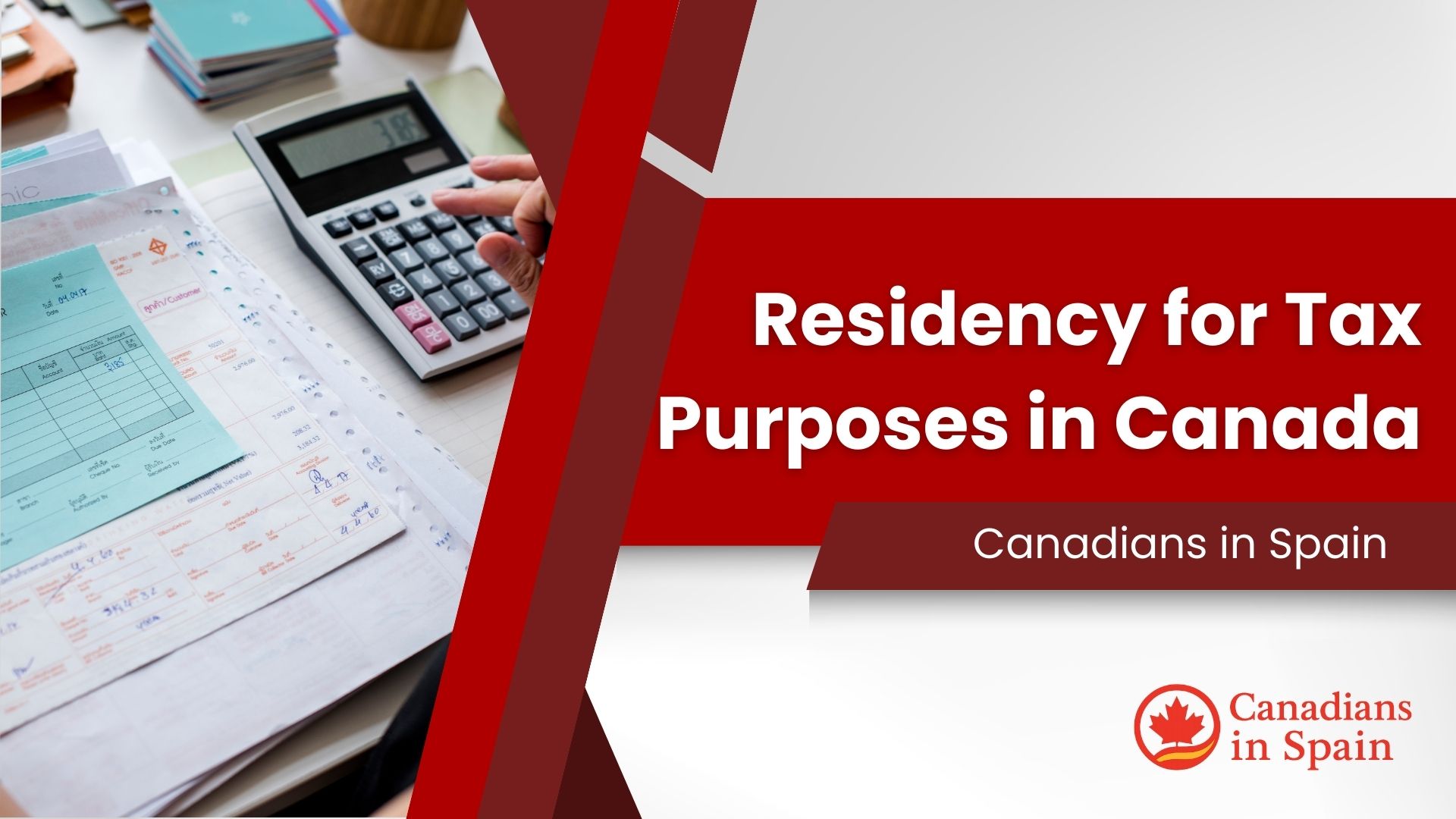The Ultimate Guide: How to Apply for a Non-Lucrative Visa from Canada
Dreaming of sun-drenched beaches, rich history, and a slower pace of life in Spain? For many Canadians, the Non-Lucrative Visa (NLV) offers the perfect pathway to turn that dream into a reality. This visa allows you to reside in Spain for more than 90 days without engaging in any work or professional activity, making it ideal for retirees, individuals with passive income, or anyone seeking a long-term stay in this beautiful country.
Why the Non-Lucrative Visa (NLV)?
The Spanish Non-Lucrative Visa, often referred to as a “Spain passive income visa” or “Spain retirement visa,” is specifically designed for non-EU citizens who wish to live in Spain without working. It’s a popular choice for Canadians looking for an extended stay beyond the typical tourist limits. Unlike other visas, the NLV doesn’t require an investment in property or a business, making it a more accessible option for many.
Key Requirements for Your Spanish NLV Application
Before you start gathering documents, it’s crucial to understand the core requirements for the Non-Lucrative Visa. These are consistently applied across all Spanish Consulates in Canada.
Proof of Sufficient Financial Means
This is perhaps the most critical aspect of your application. You must demonstrate that you have ample funds to support yourself and any dependents for your entire stay without working in Spain. The Spanish government uses a benchmark called the IPREM (Indicador Público de Renta de Efectos Múltiples).
- For the primary applicant: You typically need to show access to 400% of the IPREM annually.
- For each additional family member: You’ll need an additional 100% of the IPREM annually.
This usually translates to a significant amount in your bank accounts, often in the range of CAD $40,000 to CAD $50,000 per applicant per year. Acceptable proof includes bank statements, investment portfolios, and proof of pension income.
Private Health Insurance
You are required to have comprehensive private health insurance from a company authorized to operate in Spain. This insurance must cover all medical, hospitalization, and repatriation expenses for the entire duration of your stay and cannot have co-payments or deductibles.
Clean Criminal Record
You will need to obtain a certified criminal record check from the RCMP. This document must be apostilled and translated into Spanish by a sworn translator.
Medical Certificate
A medical certificate, issued by a licensed physician, stating that you do not suffer from any diseases that could have serious public health implications, is also mandatory.
The Application Process: Step-by-Step for Canadians
Applying for your Spanish Non-Lucrative Visa from Canada involves several key steps:
- Determine Your Consulate: Your application must be submitted to the Spanish Consulate in Canada that has jurisdiction over your place of residence (Toronto, Montreal, or Ottawa). Always check their specific website for the latest procedures.
- Gather Your Documents: This is the most time-consuming part. Start early! Obtain your RCMP check, arrange for the apostille and translation, secure your private health insurance, and gather all financial proofs.
- Book Your Appointment: Spanish Consulates often have long waiting lists. Book your appointment as far in advance as possible.
- Attend Your Interview: On the day of your appointment, present all your original documents and photocopies. The consular officer will review your application and collect your biometric data.
- Visa Processing Time: Once submitted, the processing time for the Non-Lucrative Visa typically ranges from 4 to 8 weeks.
- Pick Up Your Visa: If approved, you will be notified to pick up your passport with the affixed visa. You generally have 90 days from then to enter Spain.
After Arrival in Spain: Your TIE
Receiving your Non-Lucrative Visa is just the first step. Once you arrive in Spain, you must apply for your TIE (Tarjeta de Identidad de Extranjero), which is your physical residence card. This process typically needs to be completed within 30 days of your entry into Spain and involves visiting a local Foreigner’s Office or police station.
Frequently Asked Questions (FAQ)
What is the IPREM and how much money do I really need?
The IPREM is Spain’s Public Multiple Effects Income Indicator, a benchmark used to calculate the financial requirements for many visas. The amount changes annually. For a Non-Lucrative Visa, you must prove you have 400% of the annual IPREM for yourself. It’s always best to check the current year’s IPREM value and have more than the minimum required.
Can I work remotely for my Canadian company on a Non-Lucrative Visa?
No. The Non-Lucrative Visa explicitly prohibits any work or professional activity in Spain. This includes remote work for a foreign company. If you intend to work remotely, you should apply for the Digital Nomad Visa instead.
How long does the visa last and can it be renewed?
The initial Non-Lucrative Visa is valid for one year. You can then renew it from within Spain for subsequent two-year periods. After five years of continuous legal residency, you may be eligible to apply for long-term residency.
Can I bring my family with me on this visa?
Yes, you can include your spouse, common-law partner, and dependent children in your application. However, you must prove additional financial means for each family member (typically an extra 100% of the annual IPREM per person).
What is the biggest mistake people make when applying for the Non-Lucrative Visa?
The most common mistake is underestimating the financial proof required or providing documentation that is not clear enough (e.g., investment statements that don’t show liquid funds). Another frequent error is purchasing health insurance that does not meet the strict “no co-payments, no deductibles” rule.




